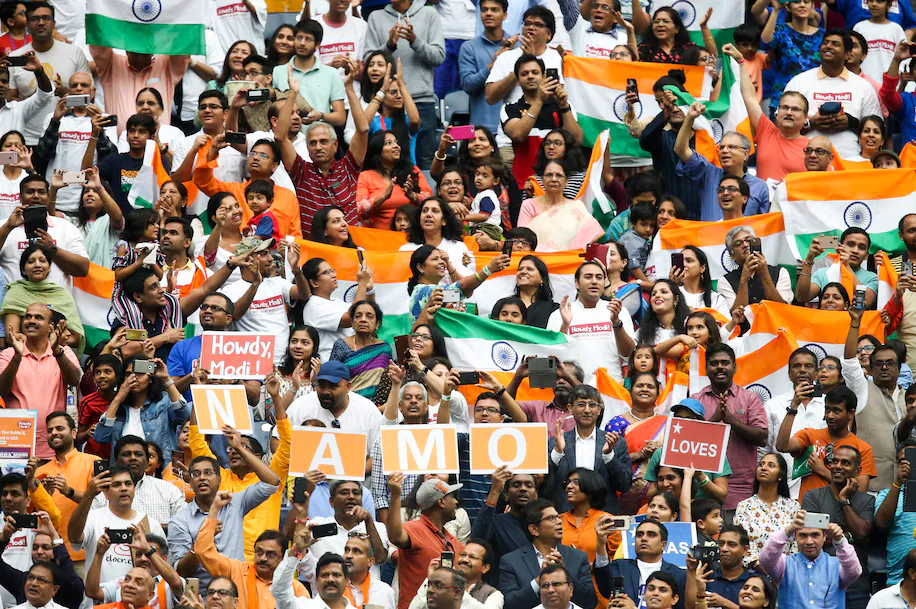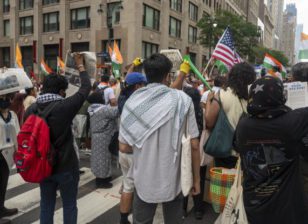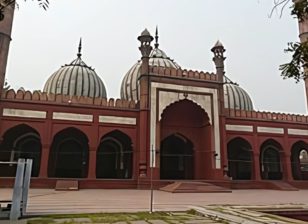Under fire from Hindu nationalist groups, U.S.-based scholars of South Asia worry about academic freedom
By the time the event unfolded Sept. 10, its organizers and speakers had received death and rape threats, prompting some to withdraw. Pro-government news channels in India aired commentaries that alleged the conference provided an “intellectual cover for the Taliban.”
“I was shocked and certainly concerned about how to move forward safely,” said Dheepa Sundaram, a professor of Hindu studies at the University of Denver and part of the team organizing the conference. It is not normal, she said, for an academic gathering to face bomb threats.
Hindu nationalism in India has been resurgent under Prime Minister Narendra Modi, who rose to power in 2014 and has pursued an agenda that critics say threatens the rights of its minorities and compromises its democratic institutions. The result has been deepening polarization not only in India but also in diaspora communities.
Now those tensions are seeping into American universities. In interviews, a dozen academics based in the United States say pressure from Hindu nationalist groups and supporters of the Indian government threatens to undermine academic freedom on American campuses, creating a hostile environment for those specializing in India and South Asia. Some of those interviewed did not want to be named for fear of being targeted or because of employment concerns at their universities.
While academics say that American universities have largely withstood the pushback from the Hindu right, professors without tenure say they worry the pressure could hurt their future employment prospects. The threats have also prompted some schools to require security at public events about South Asia.




